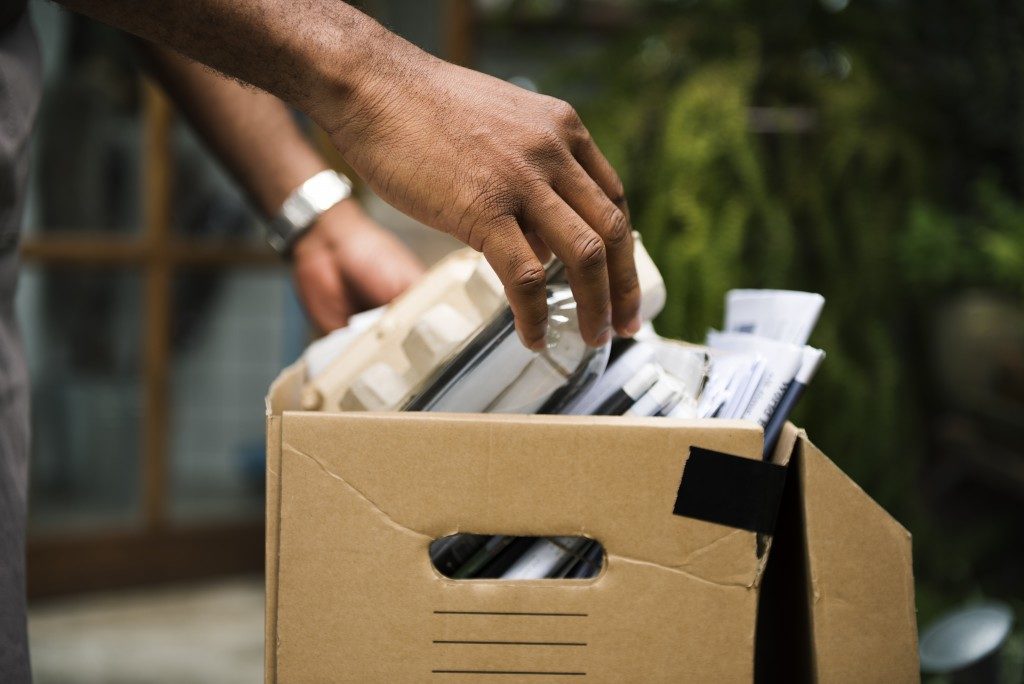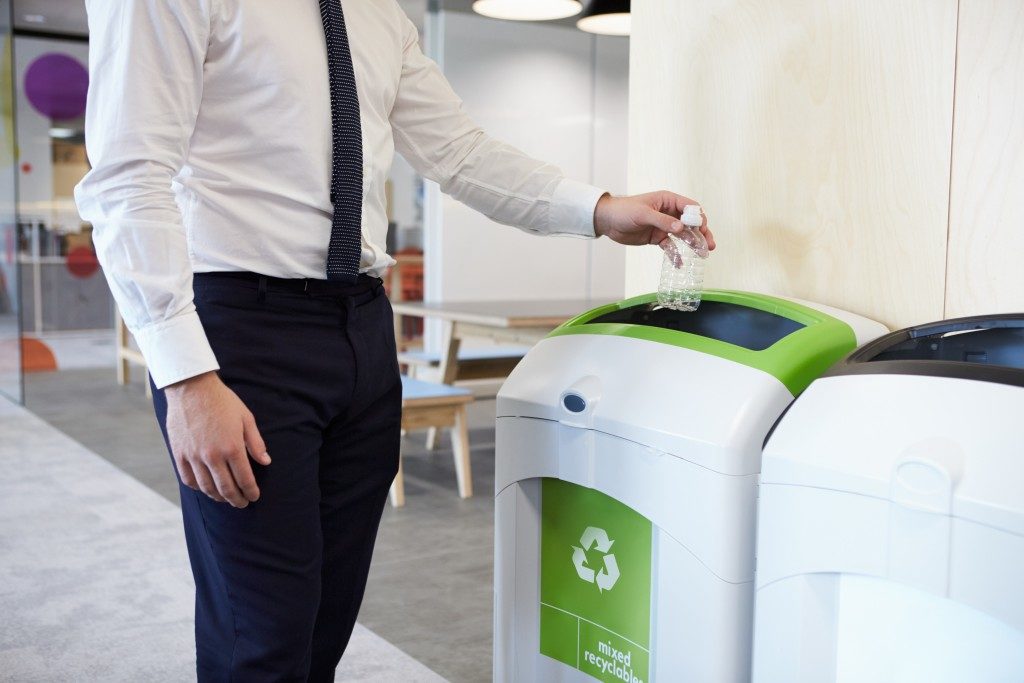The world is now facing an environmental crisis and that means no less than a full global effort is needed to avert it. One of the biggest problems we are facing is that of waste management. The population continues to rise, which would naturally entail an increase in waste products.
The challenge for us as citizens is to reduce waste productions even in the presence of more people. The population is concentrated in urban areas, and therefore, it is more congested. The amount of garbage is horrifying, specifically with disposable packaging materials. It is important to take measures such as plastic and cardboard recycling to reduce waste output.
Here are some tips that common people can do to help reduce waste:
Choose Products with Eco-Friendly Packaging
One of the most prevalent waste materials found in rivers and seas are packaging products. Plastic or foil sachets, broken cardboard boxes, and used bottles are littered all around. Most of these are not biodegradable or take a long time to dissolve. The priority of companies, specifically cosmetic products, is to make the packaging attractive to consumers, even if they are not good for the environment.
The governments around the world should change their policy to regulate packaging, but in the meantime, we can already take action. Be a smart, eco-friendly buyer and patronize products that are conscious about using recyclable packaging. Also, bring reusable bags when grocery shopping to avoid consuming more plastic bags.
The use of cardboard and paper products can also be reduced. Freight companies should use reusable pallets instead of boxes that can easily be damaged when transporting heavy items. Government offices should adopt the policy of using email when disseminating memorandums and notices to reduce unnecessary prints.
Recycling as a Way of Life

It has already been legislated, but local governments should take really take the implementation of recycling seriously. This is necessary for urban areas where there is limited space.
Recycling facilities in urban areas should sort out the garbage being disposed of, and only send the biodegradable ones to the landfill. Plastic and glass bottles, aluminum drink containers, and steel cans used for food are examples of recyclable materials. They should be processed in order to be reused, not disposed of in the river or coastline.
Recycled materials can become raw materials, which can then be processed into useful or saleable items. We should support this effort by patronizing products made from recycled materials. Some governments support this effort and even provide incentives for those who recycle their waste.
Recycling can also be a source of income. You can earn a good amount if you take your recyclable trash to a recycling facility. The same holds true when you turn your passion into a business by crafting artistic or decorative pieces out of recycled materials.
Urban waste management is a big challenge, but there are steps we can take. By using our voice as consumers, we can influence companies to become environment-friendly. We can also adopt recycling as a regular part of our lives.

